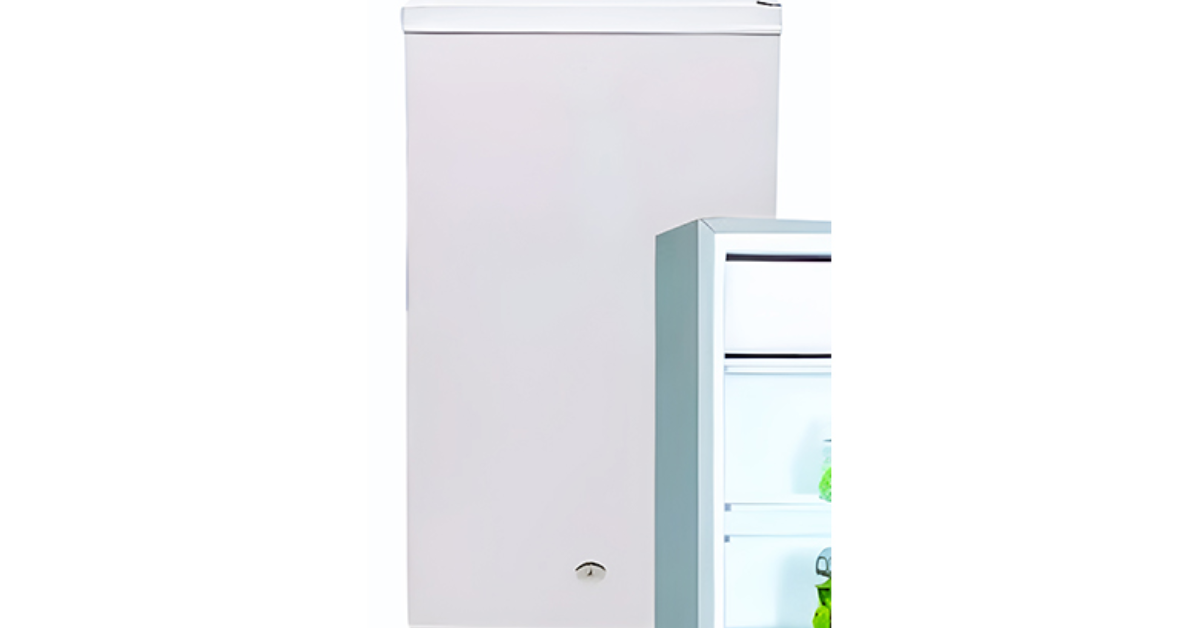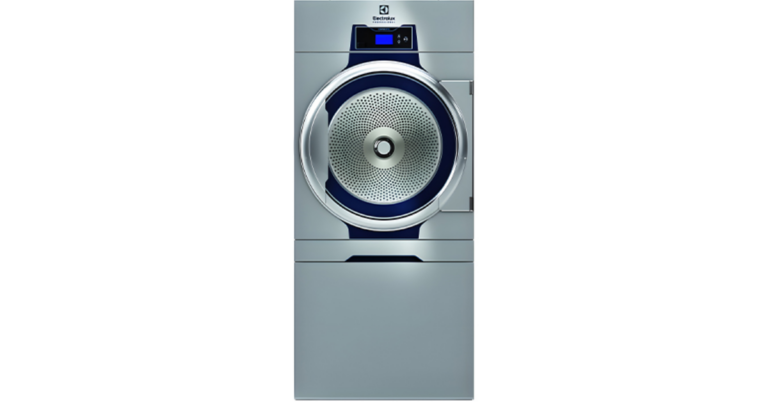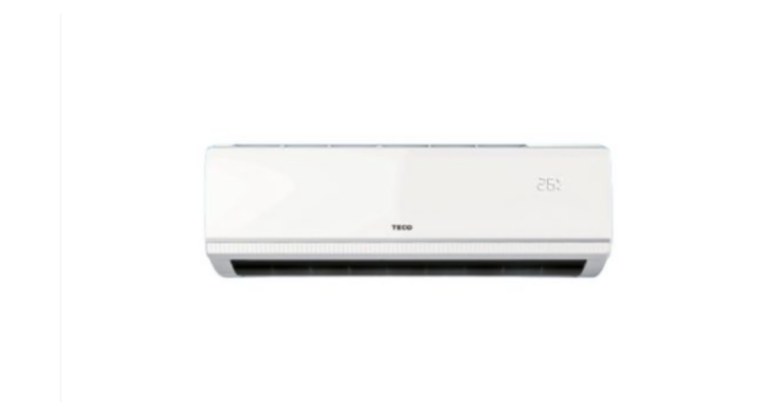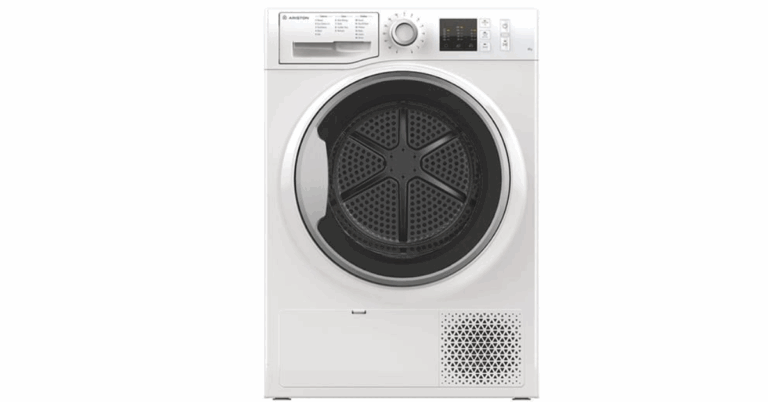Choosing the Right Marine Freezer 60Hz for Your Vessel
When it comes to equipping a vessel—whether a commercial ship, cruise liner, or private yacht—ensuring optimal refrigeration is essential. One of the most important appliances on board is the Marine Freezer 60Hz a reliable and efficient solution for keeping food, medicines, and other perishables at the proper temperature even in harsh sea conditions. These freezers are specifically designed for marine environments, offering the durability and performance required for long journeys across oceans and unpredictable weather.
Why Frequency Matters in Marine Appliances
In marine electrical systems, one of the key technical specifications you’ll notice is the frequency of the power supply. Most marine electrical systems operate at either 50Hz or 60Hz, depending on the vessel’s design and geographic location. The Marine Freezer 60Hz is built to align with systems running on 60Hz power, which is common in many parts of the world including North America and some regions of Asia.
Using appliances that match the vessel’s frequency not only ensures efficient operation but also protects the equipment from potential damage caused by frequency mismatches. Running a 50Hz freezer on a 60Hz system can lead to mechanical strain and shortened appliance lifespan. Hence, choosing a marine freezer designed specifically for 60Hz systems ensures compatibility and long-term reliability.
Key Features of a Marine Freezer 60Hz
1. Durability and Corrosion Resistance
Marine environments are notoriously tough on appliances. Salt air, moisture, and temperature fluctuations can quickly degrade standard household freezers. A high-quality Marine Freezer 60Hz is built with marine-grade stainless steel and corrosion-resistant materials to withstand harsh sea conditions.
2. Energy Efficiency
Energy consumption is a vital consideration on a vessel, especially when resources are limited. Modern marine freezers are engineered to consume minimal power while maintaining optimal cooling performance. They often feature high-efficiency compressors and advanced insulation to reduce energy loss.
3. Compact and Customizable Design
Space is often limited on marine vessels. Marine freezers come in a variety of sizes and configurations, allowing for flexibility in installation. Whether you need an under-counter model for a small galley or a larger chest-style unit for extended journeys, there’s a Marine Freezer 60Hz solution that fits your needs.
4. Vibration and Shock Resistance
At sea, vibrations from engines and movement through rough waters can disrupt the functioning of ordinary appliances. Marine freezers are designed to resist these vibrations and maintain consistent performance regardless of sea conditions.
Applications of Marine Freezers
A Marine Freezer 60Hz is not just for storing food. Its use extends to several important marine operations:
-
Commercial Fishing: Freezing large hauls of fish immediately after capture preserves freshness and quality.
-
Cruise Ships: Maintaining a constant supply of fresh and frozen foods for thousands of passengers is essential for operations.
-
Research Vessels: Scientific expeditions often require the preservation of biological samples.
-
Medical Ships: Some freezers are used to store sensitive medications, vaccines, and blood products.
Choosing the Right Marine Freezer for Your Needs
When selecting a Marine Freezer 60Hz, consider the following factors:
1. Capacity Requirements
Think about how much storage space you’ll need. Overestimating can waste valuable space and energy, while underestimating can lead to food spoilage or supply issues during long voyages.
2. Voltage Compatibility
In addition to matching the frequency, ensure that the voltage of the freezer matches your ship’s electrical system. Many marine appliances come with dual-voltage options, typically 110V/220V, to accommodate different setups.
3. Defrosting Options
Some marine freezers offer manual defrosting, while others come with automatic or semi-automatic systems. Consider how much maintenance your crew can handle during long trips.
4. Noise Level
A quiet unit is preferable, especially for yachts and smaller vessels where crew and passengers sleep close to the galley.
5. Brand Reputation and Support
Opt for reputable suppliers who specialize in marine refrigeration. They understand the unique needs of the marine environment and offer better customer support and warranty services.
Maintenance Tips for Marine Freezers
Maintaining your Marine Freezer 60Hz properly is essential for longevity and performance. Here are some tips:
-
Clean the Coils Regularly: Dust and debris can accumulate on condenser coils, reducing efficiency.
-
Check Seals and Gaskets: Ensure that door seals are tight to prevent cold air from escaping.
-
Monitor Internal Temperature: Use a thermometer to ensure your freezer maintains consistent temperatures.
-
Schedule Professional Servicing: Periodic inspections by qualified technicians can catch problems early and prevent costly repairs.
Environmental Considerations
Modern marine freezers are increasingly designed with the environment in mind. Many units use eco-friendly refrigerants and are compliant with international marine safety and environmental standards. Energy-efficient freezers also help reduce the carbon footprint of marine operations.
Furthermore, investing in a high-quality Marine Freezer 60Hz reduces the frequency of replacement, minimizing waste and contributing to more sustainable maritime practices.
Final Thoughts
Whether you operate a fishing boat, cruise ship, or luxury yacht, having a dependable marine freezer is critical to daily operations. A Marine Freezer 60Hz offers the performance, durability, and efficiency required for life at sea, ensuring your supplies are kept safe and preserved under the most challenging conditions.
Choosing the right unit involves more than just picking any freezer. You must consider your vessel’s power system, available space, usage needs, and operational conditions. With the right knowledge and a trusted supplier, you can make an informed decision that enhances both the functionality and reliability of your vessel’s refrigeration capabilities.




